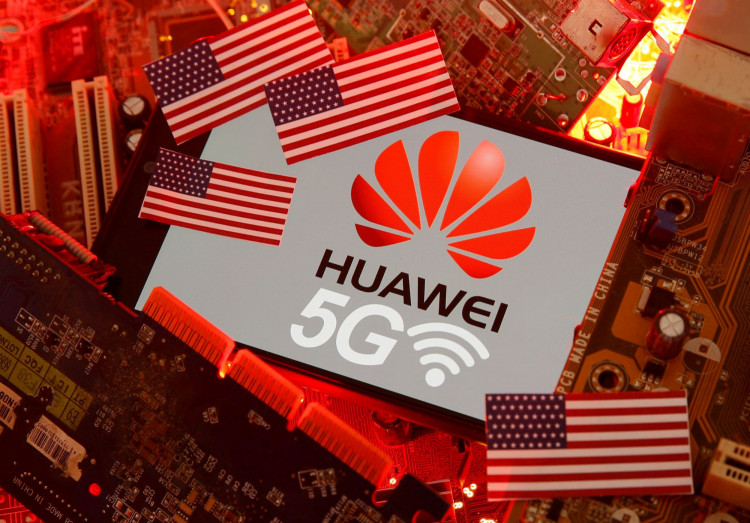Chinese tech giant Huawei has announced that it would ramp up its own chips to manufacture its 5g technology gear amid the ban against US companies supplying such products. The secretive chip called HiSilicon division was said to do away with American component-free devices.
Huawei has recently announced that it would start creating its own chips to create its high-speed wireless networks without the use of US products that it initially used for the said production.
According to the US-based Huawei executive responsible for partner relations Tim Danks, Huawei is working on a self-reliance strategy for its 5G networks.
Danks claimed that during the fourth quarter of 2019, the company only sold 50,000 of its next-generation base stations without the use of US technology.
He then said that as of February, it was only able to sell eight percent, but the company is trying to develop the HiSilicon division that would enable its 5G networks to functions without American component devices.
Danks added that Huawei still sees the possibility of returning its use of US technology in the future. However, due to recent US Commerce Department restrictions, the company could not gain access to US suppliers and that it would be more unlikely to resort to this strategy this year.
The report then explained that Huawei base stations are suitcase-sized machinery that would enable the company's products to connect to wireless phones with fix-lined networks.
These said networks were said to carry internet traffic, the latter being an essential ingredient for its 5G mobile networks.
Huawei's base stations were also said to be popular among telecommunications providers. It was also referred to as the most reliable service globally due to its affordable price.
Since February, the company has shipped about 600,000 5G base stations to mobile service providers globally. The said shipments were for the purpose of upgrading their internal networks to the new 5G standard designed to deliver data at faster speeds. The service was also revealed to broaden the range of wireless connections that go beyond mobile handsets.
The said base stations were explained to use stockpile chips acquired before the US Commerce Department ban. At present, the company does not disclose the use of technological factors to its suppliers.
However, it was discussed that its base stations rely on a processor known as a field-programmable gate array provided by Intel Corp., a US chipmaking company. Huawei was also revealed to acquire US technology products from Xilinx Corp.
The report also explained that US companies such as Micron Technology Inc. and Broadcom Inc. have incurred falling earnings due to the US sales ban to Huawei.





